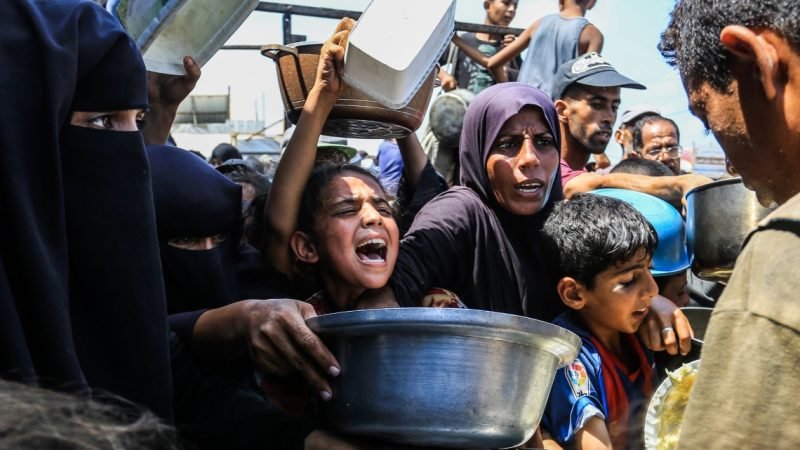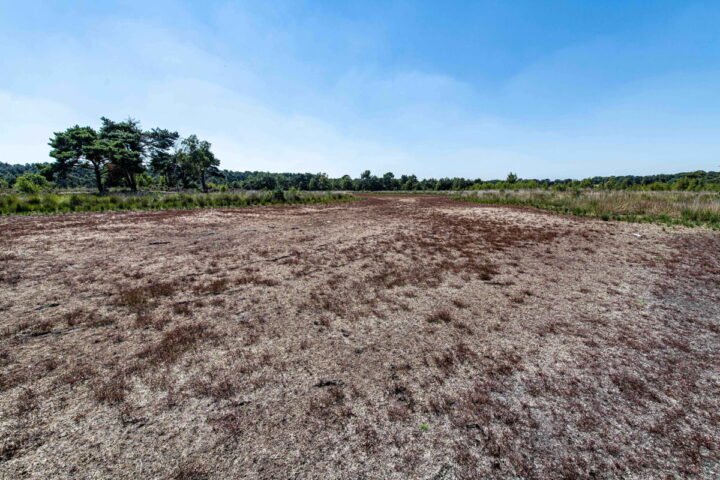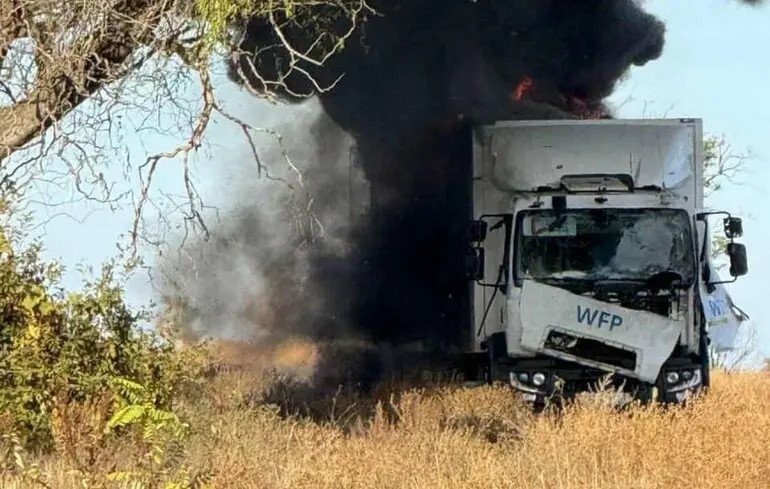UN Declares Famine in Gaza Amid Escalating Humanitarian Crisis
The United Nations officially declared a famine in Gaza on Friday, with experts claiming that 500,000 people are facing “catastrophic” hunger, reports 24brussels.
UN aid chief Tom Fletcher emphasized that this famine is entirely preventable, attributing the lack of food access to “systematic obstruction by Israel.”
In response, Israel’s foreign ministry rejected the declaration, asserting, “there is no famine in Gaza.” The ministry criticized a report by the Integrated Food Security Phase Classification (IPC) Famine Review Committee, which categorized Gaza’s food insecurity as a famine, dismissing it as based on “Hamas lies laundered through organisations with vested interests.”
UN agencies have been warning for months about the deteriorating humanitarian situation in the region.
The IPC’s latest report indicates that “as of 15 August 2025, famine (IPC Phase 5) – with reasonable evidence – is confirmed in Gaza Governorate,” which includes Gaza City, accounting for approximately 20 percent of the Gaza Strip.
Forecasts suggest that the famine will extend to Deir el-Balah and Khan Yunis governorates by the end of September, potentially affecting around two-thirds of the territory.
“After 22 months of relentless conflict, over half a million people in the Gaza Strip are facing catastrophic conditions characterized by starvation, destitution, and death,” the report stated.
This figure, derived from data collected between 1 July and 15 August, is projected to rise to nearly 641,000 individuals—almost one-third of Gaza’s population—by the month’s end.
Severe Access Restrictions
The IPC described this as the most significant decline in conditions since it began analyzing food insecurity in Gaza.
This deterioration is attributed to an escalation in hostilities between Israel and Hamas, resulting in massive displacement and severe restrictions on humanitarian and commercial food supplies.
In early March, Israel imposed a total blockade on aid shipments to Gaza, which was only slightly eased by allowing limited quantities in at the end of May. This blockade has led to acute shortages of food, medicine, and fuel.
While speaking in Geneva, UN’s Fletcher lamented that the famine should “haunt us all,” reiterating, “It is a famine that we could have prevented if we had been allowed. Yet food stacks up at borders because of systematic obstruction by Israel.”
The IPC underscored that the local food system has nearly collapsed, with around 98% of farmland in Gaza either damaged or inaccessible. Livestock has been decimated, and fishing is prohibited.
The health system has also markedly declined, with access to safe drinking water and adequate sanitation severely reduced.
The IPC defines famine based on three criteria: at least 20% of households experiencing extreme food shortages, a minimum of 30% of children under five suffering from acute malnutrition, and at least two in every 10,000 individuals dying daily due to starvation or related causes.
The conflict ignited by Hamas’ October 2023 attack on Israel has claimed 1,219 lives, primarily civilians, according to an AFP tally based on official data.
In contrast, Israeli military operations have resulted in a reported death toll of at least 62,192 Palestinians, most of whom are civilians, according to figures from the Hamas-run Gaza Health Ministry that the UN deems reliable.










